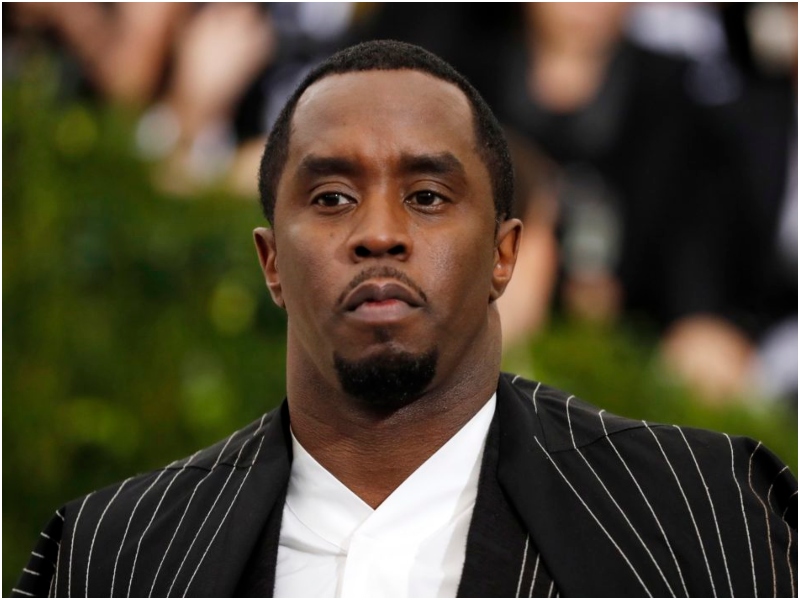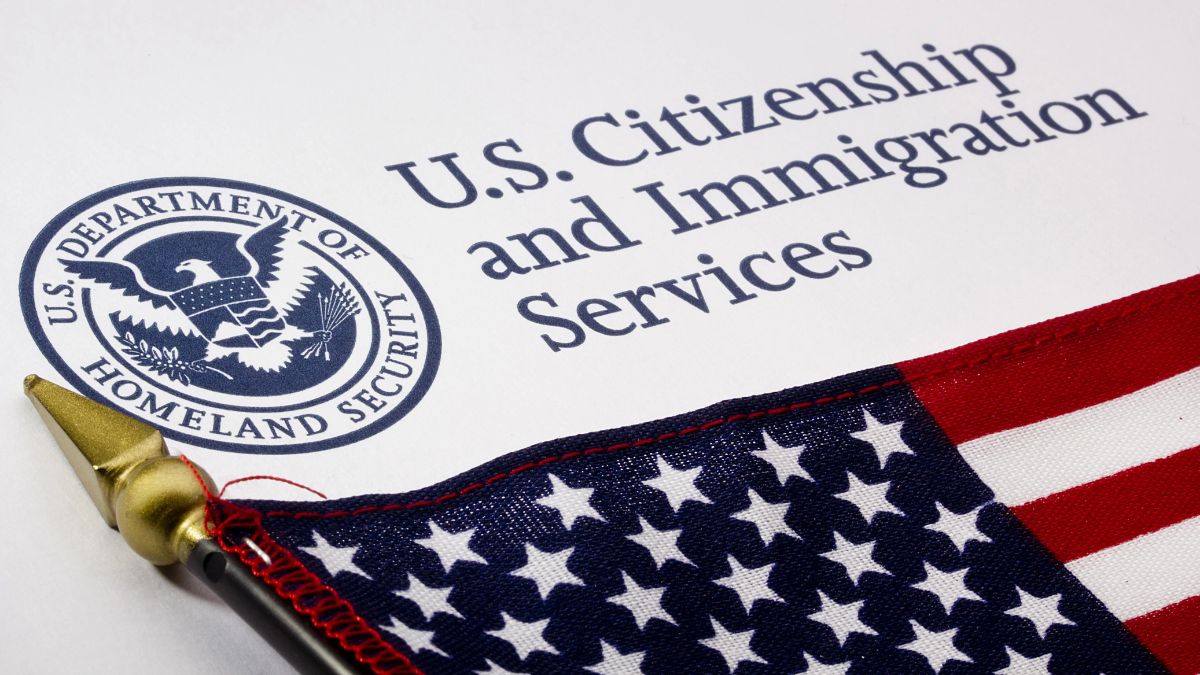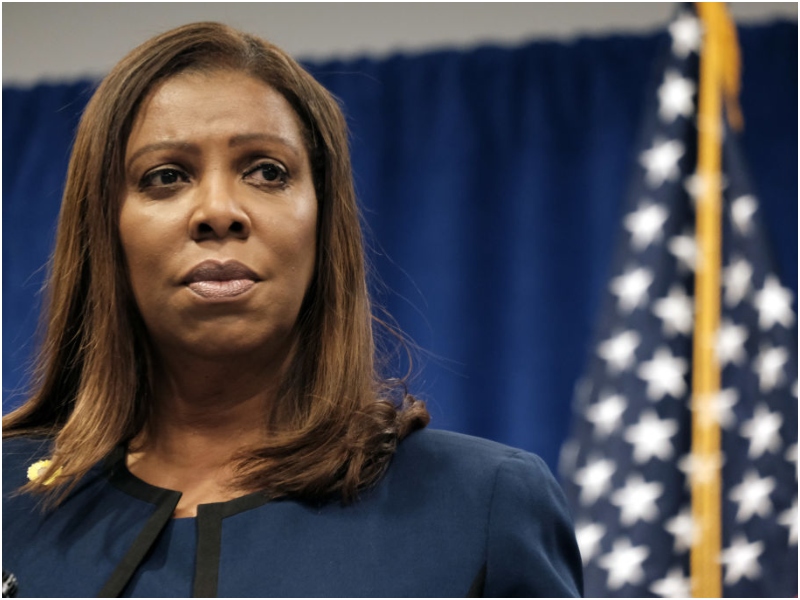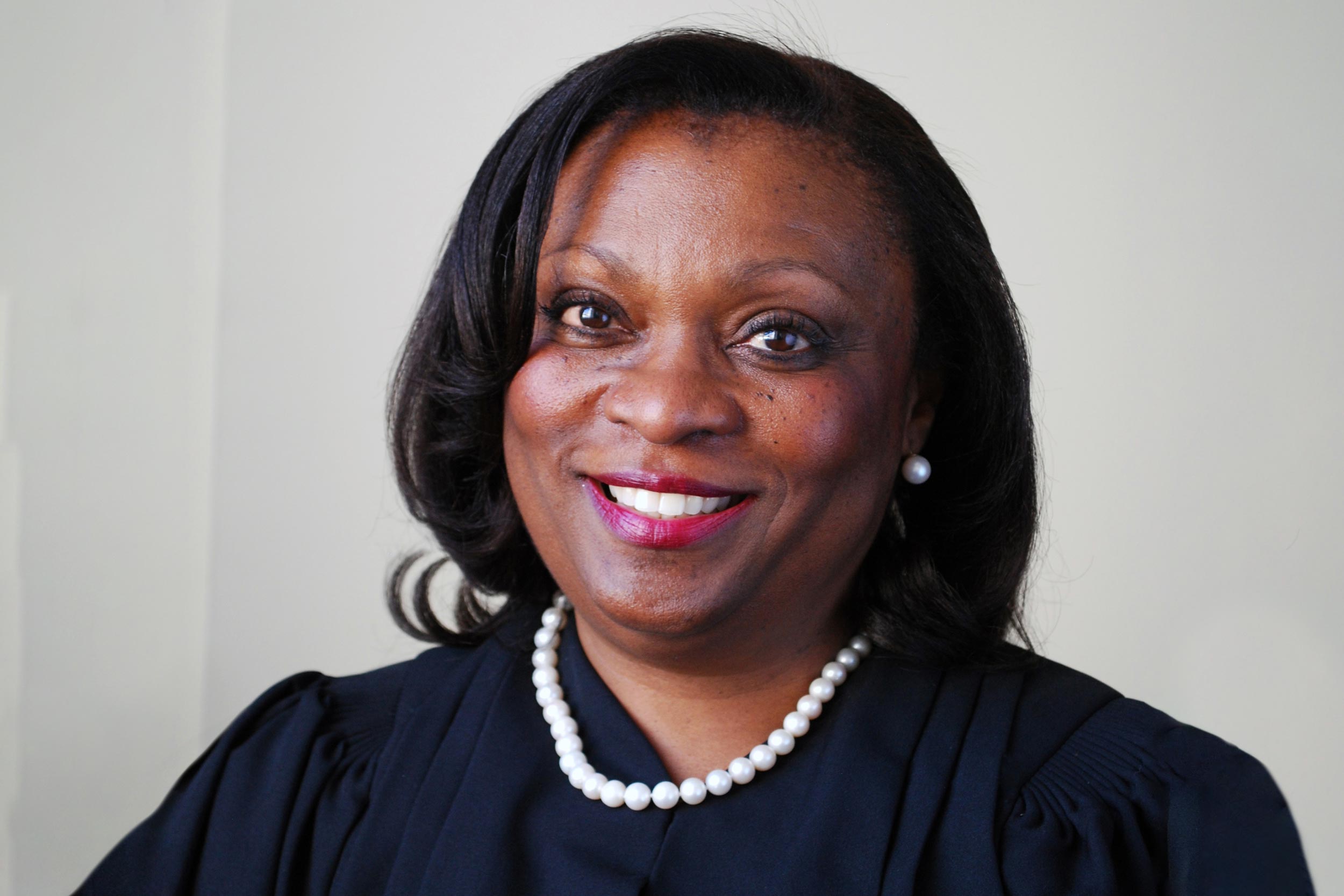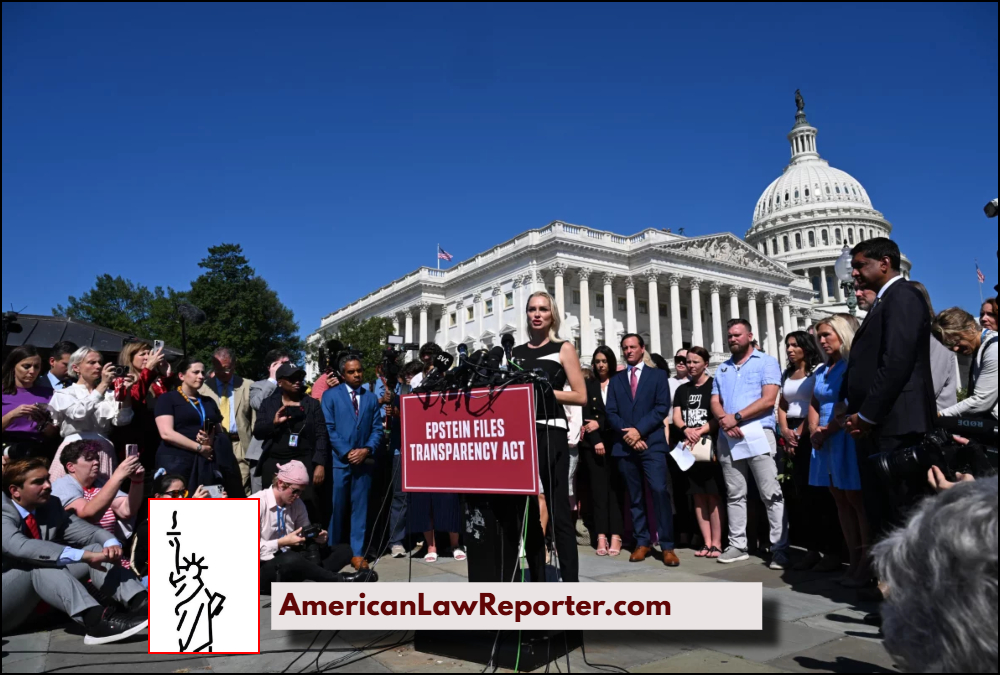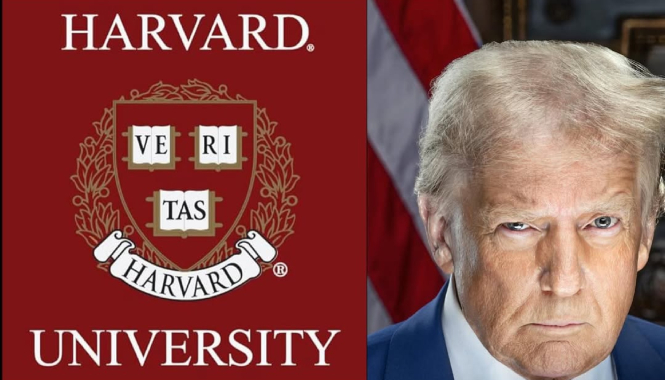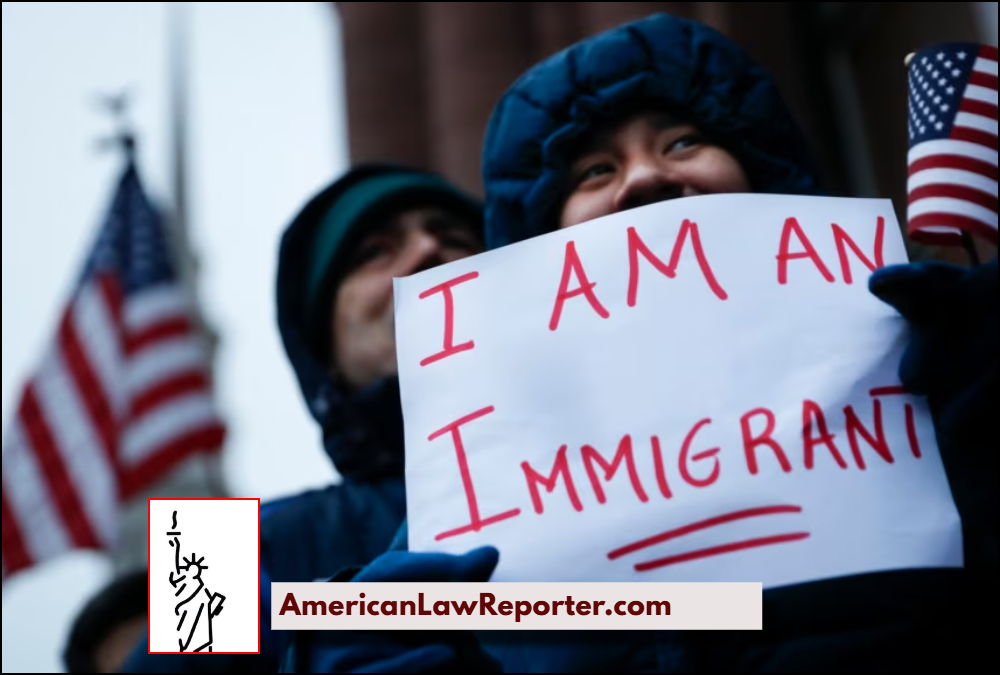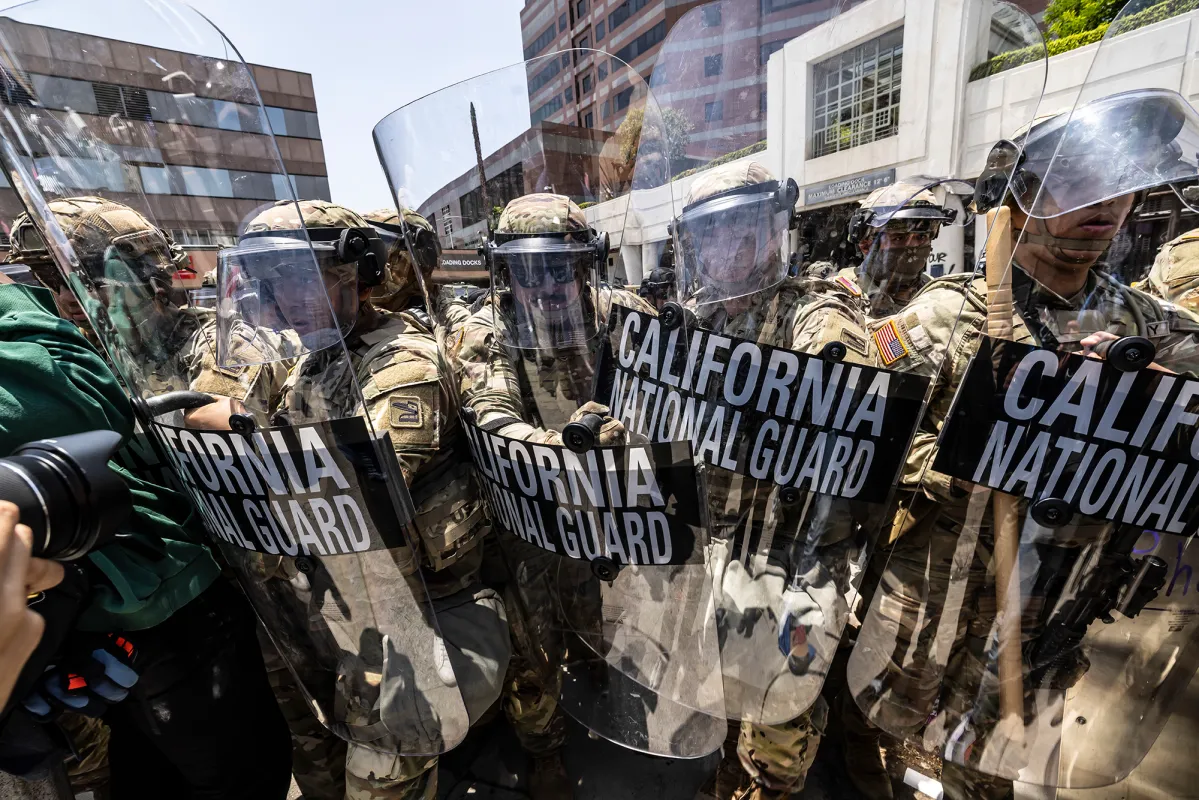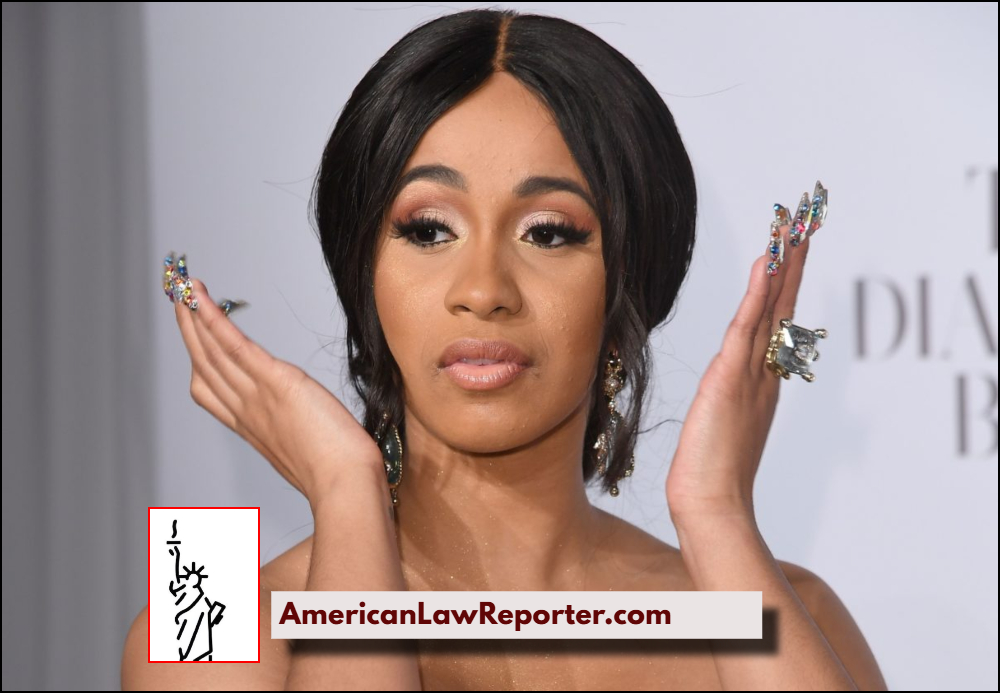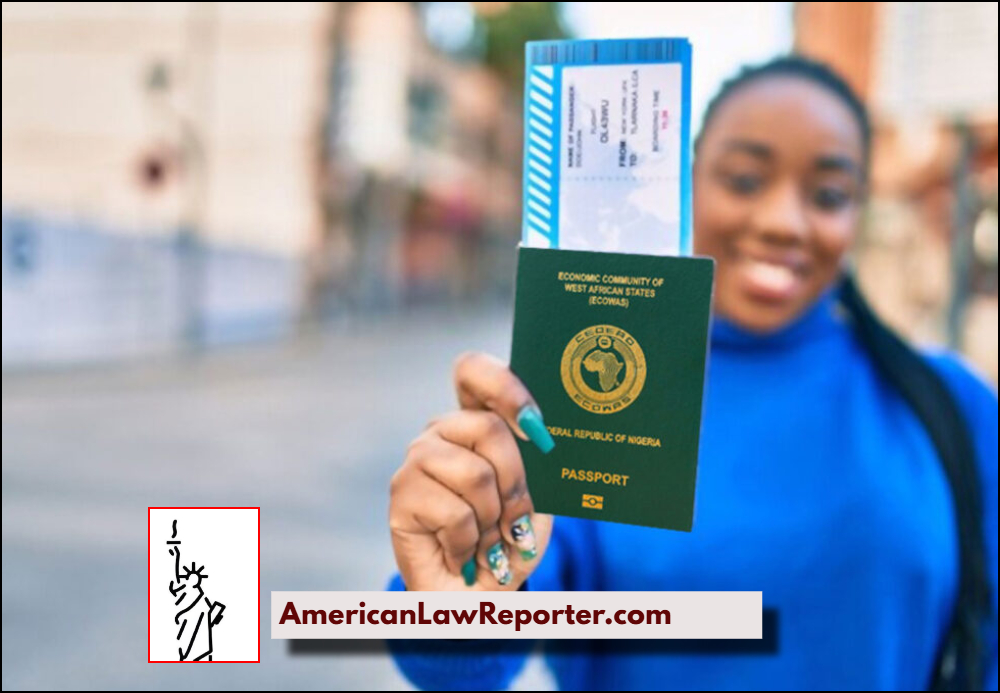George Nyavor
-
Sean “Diddy” Combs is continuing to fight his federal conviction under the Mann Act, arguing that prosecutors relied on the wrong legal definition of prostitution when securing his guilty verdict. According to new court filings, Combs’ legal team is asking U.S. District Judge Arun Subramanian to either acquit him of the charges or grant him…
-
New York Attorney General Letitia James is pressing forward in her high-profile case against former President Donald Trump. On September 4, James filed a notice of appeal seeking to overturn an August 21 ruling by a Manhattan appellate court that struck down a $454 million civil fraud penalty, which, with interest, has now grown to…
-
Justice Cleo E. Powell has been unanimously elected as the next Chief Justice of the Supreme Court of Virginia, marking a historic milestone in the commonwealth’s judicial history. When she assumes office on January 1, 2026, Powell will become the first Black woman to lead Virginia’s highest court. Powell, a 1982 graduate of the University…
-
Survivors of Jeffrey Epstein’s abuse stood on the steps of Capitol Hill on Wednesday, September 3, demanding transparency and warning that if the government fails to release the full trove of Epstein-related documents, they may release their own list of alleged sexual predators. Ten women, including Marina Lacerda, Anouska De Georgiou, Lisa Philipps, and Teresa…
-
A federal judge has delivered a sharp rebuke to President Donald Trump’s administration, overturning its decision to cut more than $2.6 billion in federal research funding to Harvard University. U.S. District Judge Allison Burroughs ruled Wednesday, September 3, that the freeze on Harvard’s research grants amounted to unconstitutional retaliation after the Ivy League university refused…
-
With Donald Trump back in the White House following the 2024 election, immigration policy in the United States has entered an even more stringent phase. His presidency since January 2025 has brought sweeping executive orders, expanded deportation powers, travel bans, and heightened enforcement—all reshaping the immigration landscape and pushing many immigrants to seek refuge in…
-
In a historic legal ruling, Senior Federal Judge Charles Breyer has declared for the first time in U.S. history that a sitting president violated the Posse Comitatus Act of 1878—a statute designed to prevent the use of the U.S. military in domestic law enforcement. The ruling blocks former President Donald Trump from deploying military forces…
-
A growing number of Nigerian nationals holding valid U.S. visas are discovering that their travel documents have been quietly revoked without notice, raising legal and diplomatic concerns over transparency, due process, and the scope of executive immigration powers. The development was first reported by Olufemi Soneye, former Chief Corporate Communications Officer of NNPC Ltd., who…

